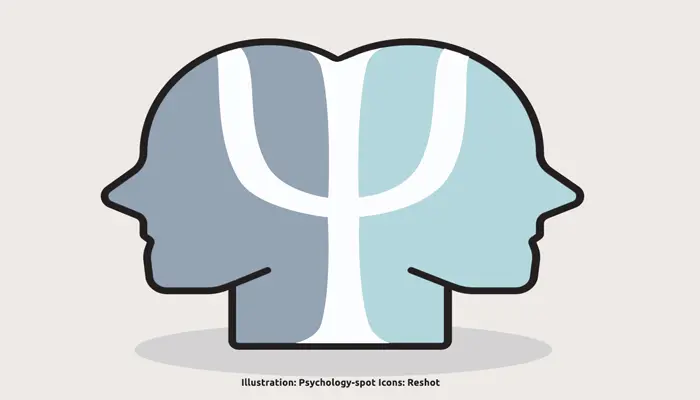
Many people think that compassion and pity are the same. It’s not like that. A world separates them. Furthermore, their effects on the people who experience them or who are the objects of that pity or compassion are totally different.
We can feel pity for someone who feels worse than us, for that person who has not been so lucky, for who has not managed to fulfill his dreams and has been beaten by life. And if we identify with that picture, we can even feel pity for ourselves. However, pity is a dead end while compassion is a window of hope.
The roots of pity
Aristotle believed that pity was an emotion. In fact, it hurts us to see someone else having a hard time. In a way, we empathize with his or her pain. We feel sorrow and sadness. Sometimes anger too. However, we rarely do anything about it.
Pity is also linked to inactivity. It leads us to see the pain of the others from a psychological distance that often makes us feel on a higher level, as if in a certain way we were safe from the misfortune of the others.
When we feel pity, we place ourselves above that person, either by infantilizing or making him or her a poor victim. We believe that she or he cannot do anything on her or his own to get out of this sorry state and that needs a “savior”.
In fact, pity can lead us to perpetuate the suffering of the others and our own. If we feel sorry for a person, we may not be completely honest with him or her and, even if we realize his or her problem, we do not bring it up because we think that he or she will not be able to bear it.
Unfortunately, many people also maintain relationships that are no longer satisfactory and developing, without realizing that the company out of pity does not mitigate loneliness, but increases the inner emptiness. Unfortunately, we do not point out mistakes to the others and we close our eyes to their mistakes, thus weighing down their growth possibilities.
Therefore, pity also ends up being exhausting for those who experience it. It drains their energy while tying their hands and feet to prevent them from helping the other person solve the problem. Thus, pity usually ends up generating an increasingly powerless victim and a suffering savior.
The way of compassion
“Pity is rooted in fear and a sense of arrogance and condescension, sometimes even a pleased feeling of ‘I’m glad it’s not me'”, as Sogyal Rinpoche explained. Instead, “Developing compassion implies recognizing that we are all equal and that we suffer in the same way, it is respecting those who suffer and knowing that one is not different from anyone or superior. When we manage to develop that attitude, our first reaction to the person who suffers is not one of simple pity, but one of deep compassion”.
While pity keeps us away from the person who suffers, compassion brings us closer. It is not by chance that in the Tibetan Avalokiteshvara iconography, the Buddha of compassion is usually represented with a thousand eyes that see pain in all corners of the universe, but also with a thousand arms to help all who need it.
Compassion makes those who offer it and those who receive it more human. It makes us feel close to that person because we recognize ourselves in them, we realize that we could be perfectly in their place. And it motivates us to act to, as far as possible, alleviate their suffering. Compassion is more noble, grandiose and proactive than pity. In fact, “Compassion is not authentic if it is not active”, as Sogyal Rinpoche pointed out.
When we feel compassion, we don’t judge. We do not place ourselves on a higher rung or pretend to decide what is right or wrong. We simply put ourselves in the other person’s shoes and support them. Compassion does not imply seeing the others as victims but as active entities of their destiny. We do not need to become their saviors but only to help them get out of that situation.
Interestingly, compassion is a two-way road because while we help the others, we help ourselves. This genuine approach of the souls generates a state of well-being, gratitude and happiness. As the American poet Stephen Levine wrote: “When your fear touches someone’s pain, it becomes pity, when your love touches someone’s pain, it becomes compassion.” That is really the big difference between pity and compassion.



